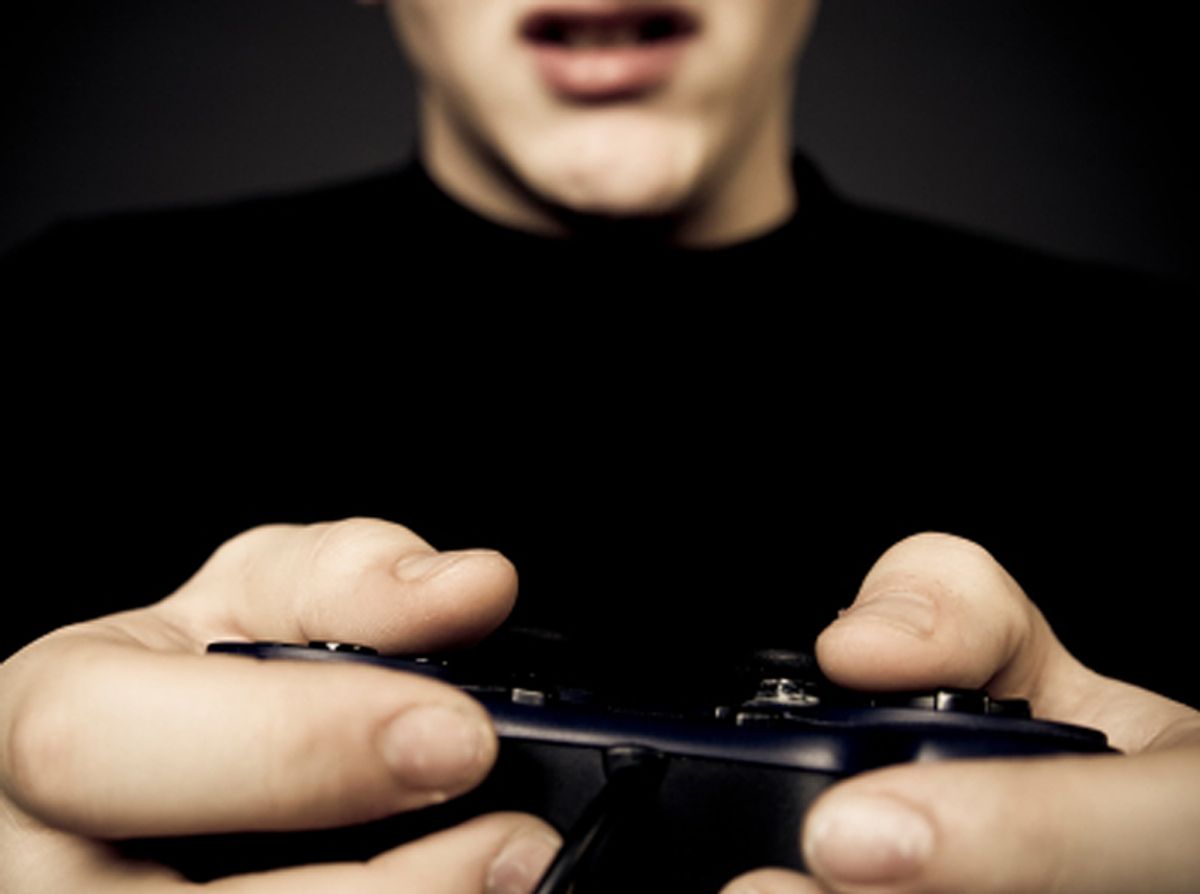Maximilian Dichtl reads the news just like anyone else. He's seen what politicians, psychologist, and concerned parents have to say about video games and their impact on children—that games cause violence, bad grades and depression.

That last one really piques Dichtl's interest, since he's dealt with depression for most of his life. But at 20, Dichtl is still an avid gamer. He doesn't blame gaming for kick-starting his depression. No, that would be when his mom and stepdad decided to start hitting him.
"It's ironic that people look at this link between kids and video games and decide the games are what's causing them to act a certain way," Dichtl told the Daily Dot. "For me, video games were a way to escape the things that were causing my depression."
Dichtl is one of many young gamers trying to upend the conventional wisdom about gaming and depression. He recently started a blog to chronicle his story, while developers and other gamers around the world are trying to prove that video games can be a healthy vehicle for dealing with despair.
They are running up against an entrenched narrative. Just two years ago, the New York Times made hay out of two separate studies that tracked the social characteristics of young gamers.
One, published in the journal Pediatrics, tracked more than 3,000 school children in Singapore over several years. The study found that heavy gamers, who played more than 31 hours a week, were more likely to suffer from depression, anxiety, or social phobias. That same article cites a Chinese study, published in Archives of Pediatric & Adolescent Medicine, which found that teenagers who spent excessive amounts of time on the internet in general were more likely to suffer from depression.
Read the rest at The Daily Dot.



Shares